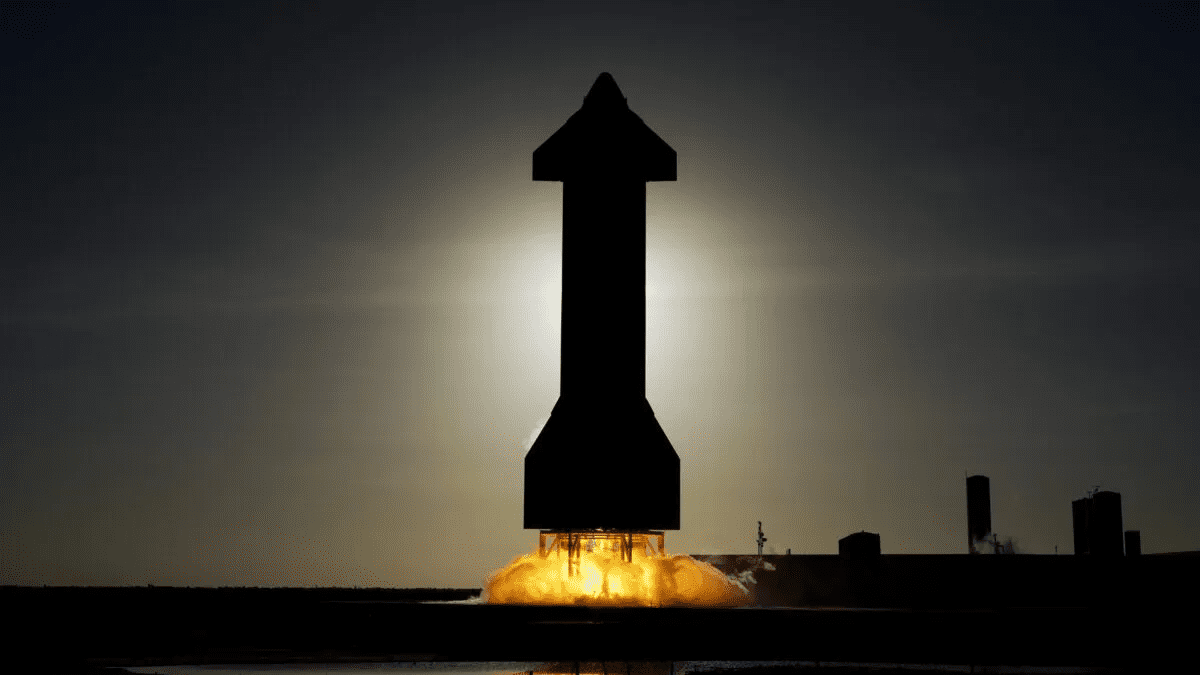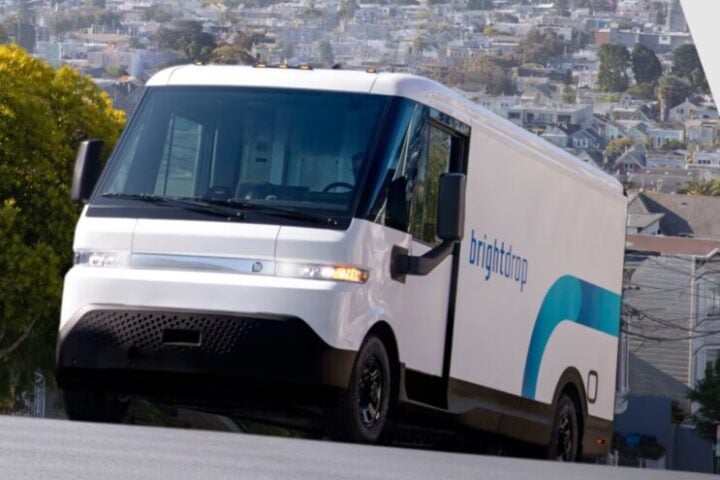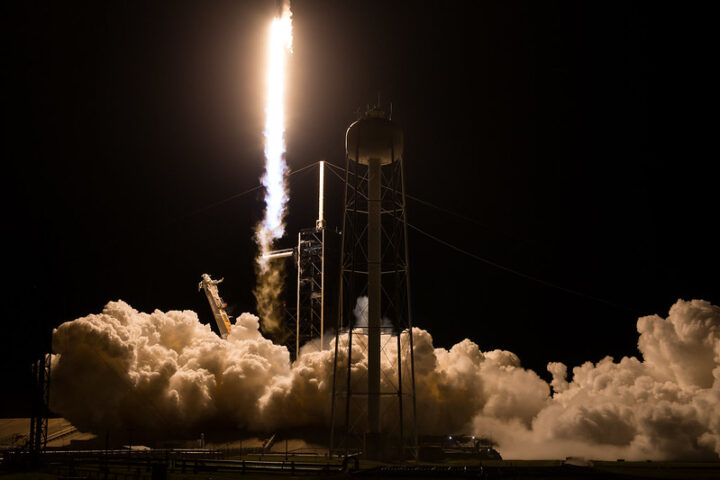SpaceX, Elon Musk’s renowned space transportation company, has reached a staggering valuation of nearly $150 billion, according to Bloomberg reports. This new valuation is the result of a $750 million tender offer, showcasing SpaceX’s ongoing financial success. Existing shares are being offered at over $80 each, indicating an upward trend in the company’s stock value. Remarkably, this represents an approximately 5% increase from SpaceX’s previous secondary sale price of $77 per share.
Yet, it’s critical to note that this represents a secondary sale of shares rather than a new influx of capital. One might speculate: how does this secondary sale affect the overall financial structure of SpaceX? Twice a year, SpaceX opens up this opportunity for employees and other shareholders to sell their stocks. This recurrent event helps us infer the company’s commitment towards stakeholder profitability.
Earlier in the year, Musk had claimed no anticipation of needing further funding for various SpaceX initiatives. This statement underlines a bold confidence in the company’s financial status and revenue-generating potential. Yet, one wonders: will there come a point when additional capital becomes necessary for SpaceX’s ambitious goals? How will the ongoing success of SpaceX affect the broader aerospace industry and inspire competition?
Simultaneously, Elon Musk is also tackling issues with Twitter, another major company under his wing. He stated on Twitter that the social media giant’s cash flow remains negative due to declining advertising revenue and a significant debt load. Twitter’s troubles are an interesting counterpoint to SpaceX’s success, demonstrating the breadth of challenges faced by Musk.
Musk’s comment, “We need to reach positive cash flow before we have the luxury of anything else,” speaks volumes about his priorities for Twitter. His aim to focus on cash flow seems like a sensible strategy, but will it be enough to turn around Twitter’s fortunes? A significant drop in advertising revenue and a hefty debt load pose serious questions about Twitter’s future prospects.
Similar Post
How will Musk leverage his experience from SpaceX’s success to steer Twitter towards profitability? It’s crucial to remember that Twitter’s downturn followed Musk’s acquisition of the company in October. The company has seen an exodus of advertisers who were put off by content moderation issues, causing a further revenue dip. Consequently, Twitter has had to lay off thousands of employees, highlighting the severity of the platform’s challenges.
These layoffs indicate a tough road ahead for Twitter under Musk’s leadership. Will Musk’s leadership and decision-making strategies replicate the success of SpaceX in Twitter’s context? The juxtaposition of SpaceX’s valuation soaring and Twitter’s struggles under the same leadership is an intriguing narrative to follow.
As observers of this space, we eagerly anticipate the future trajectory of both companies under Musk’s steer. Undeniably, the challenges and victories that lie ahead for SpaceX and Twitter will continue to shape the landscape of the space and social media industries.

















